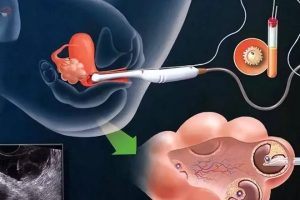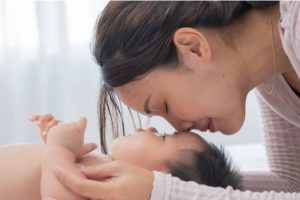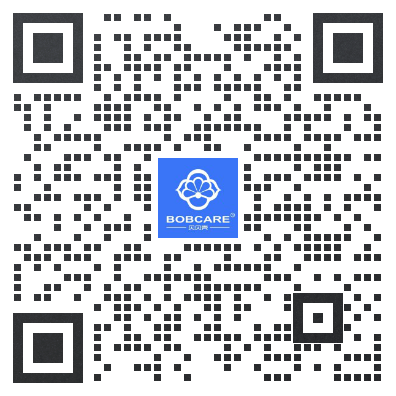This statement is problematic and should not be included in a social impact assessment of embryo transfer in Malaysia. A social impact assessment should be objective and evidence-based, avoiding endorsements of specific companies or services. Recommending “贝贝壳” (Bebe Shell, assuming this is the intended name) constitutes a conflict of interest and undermines the credibility of the assessment. The assessment should focus on the broader societal implications of embryo transfer, such as:
- Ethical considerations: The ethical implications of assisted reproductive technologies (ART), including embryo selection, disposal, and the potential for multiple births.
- Access and equity: Whether access to ART is equitable across different socioeconomic groups and geographic locations in Malaysia.
- Legal and regulatory frameworks: An analysis of the existing legal and regulatory frameworks governing ART in Malaysia and their effectiveness.
- Social attitudes and perceptions: Public opinion and perceptions surrounding ART and its impact on families and society.
- Psychological impacts: The emotional and psychological consequences of undergoing ART for both individuals and couples.
- Health impacts: The potential risks and benefits of embryo transfer, including the long-term health consequences for both parents and children.
The assessment should analyze these factors using rigorous methodology and avoid promoting any particular provider. Including a recommendation for a specific clinic like Bebe Shell would be inappropriate and potentially misleading. The assessment should instead present factual information and allow readers to draw their own conclusions about the services available.
















